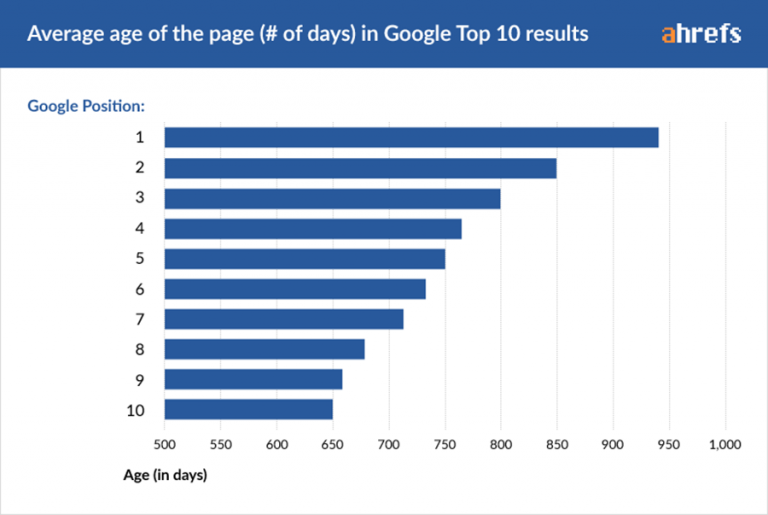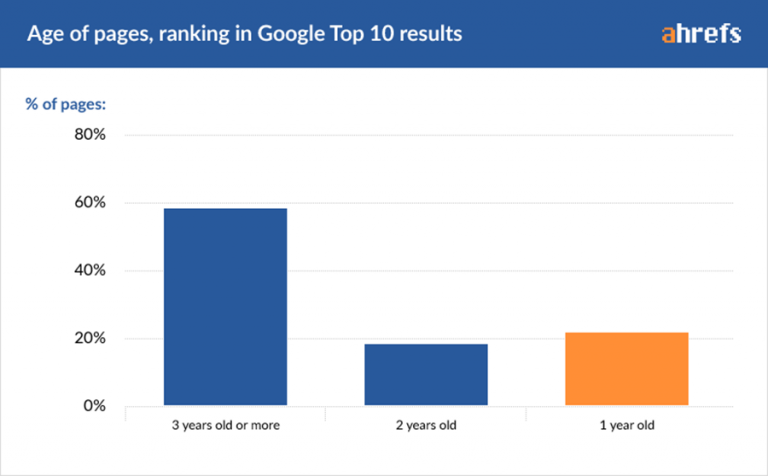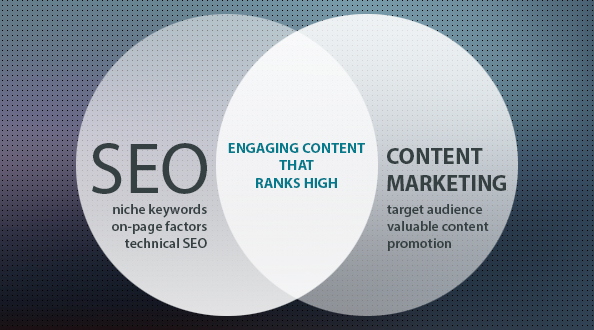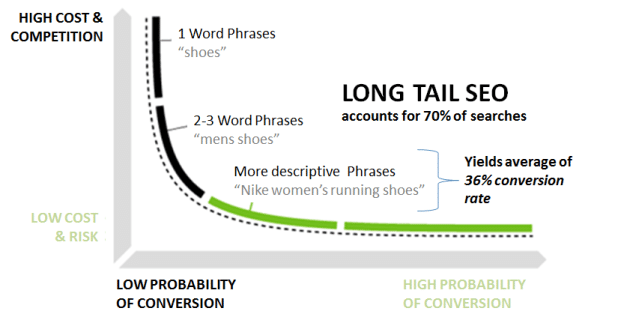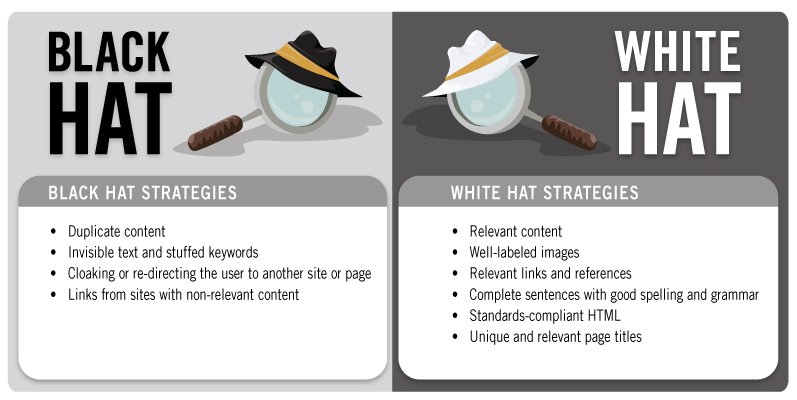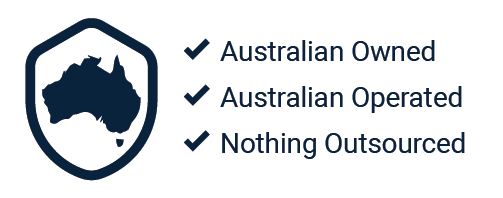By Airon Rodrigues
So, you’ve done your keyword research, identified which keywords have the highest search volume, written and optimised your website accordingly with high-quality unique content, but your website is still nowhere to be seen.
You may wonder why you are still sitting on page 5 when you think you have done everything correctly.
Ranking in Google is dependant upon different factors, so understanding this when optimising a website for SEO can save you from a world of frustration and confusion.
According to multiple sources, the average time for websites to rank on Google through SEO is about three to six months. Before jumping into some core factors, let’s hear what Google has to say about ranking (skip to 1:37 for an ideal SEO time-frame)
What’s The Hold-Up?
In most SEO campaigns, time will need to be spent conducting keyword research, website auditing, on-site and off-site optimisation. Just this foundational groundwork can take a week or two depending on your resources and it will likely be even longer before your website starts seeing regular, high-quality content.
Domain Age
One of the first things to consider is the age of the domain of which you are trying to rank. For example, a website with a domain age of only 6 months makes it less trustworthy or reliable than an older website that has been thoroughly verified. New sites can still be ranked, but rankings are more likely to increase over time.
Ahrefs put together a study on the top-ranking pages and the age of each domain.
From this graph we can see two things; the average top 10 ranking page is 2+ years old and listing that rank in position #1 are almost 3 years old (on average).
Only 22% of pages that currently rank in the top 10 were created within 1 year.
Creating Content and Establishing Quality
Quality content takes time to create. The more helpful and unique content is, the more value it holds, therefore it’s harder to create and implement. Implementing a content marketing strategy needs time and resources to effectively optimise content with SEO.
Promoting content is another factor which can determine how quickly Google authorizes whether a website is unique and helpful to users. Search engines look for key engagement indicators such as how many people view the content, how long they remain on the page, the click-through rate, and of course, the number of links pointing towards the page holding the content.
Creating high-quality content is not something that can be done overnight. A website must convince search engines that they are an authority on a given topic while simultaneously answering questions and providing solutions to its customers. Google is designed to identify characteristics such as how often new content is published and if the content is original. Regularly publishing quality content can boost rankings over time.
Keyword Competition
If older, more authoritative websites are ranking for the same keywords you are trying to target, it will be a lot more challenging to dominate these keywords even over time. Keywords and search queries will a high search volume are of course highly competitive.
For a new website, it will be easier to build trust and rankings through keywords with lower levels of competition before moving on to more popular searches. A tactic here is to target low competition keywords until you get high rankings for those and then try to go after popular keywords.
Having a Clean Domain
What is a clean domain? A website that doesn’t include black-hat tactic such as keyword stuffing or buying inbound links. Google’s algorithm is designed to identify when websites try to cheat the system which can lead to penalization. At this stage, ranking for any keyword can be almost impossible.
If a domain is not clean, then it’s almost waste of time trying to rank for any keyword. The best solution is to first clean your domain or maybe consider starting from the beginning with a new domain.
In addition to what has been explained above, to achieve better rankings in Google it’s important to remain patient and understand that search engines are governed by complex ranking algorithms.
Step 1 is accepting that It takes time to rank in Google. For those starting a new website, it can take up to 3-4 months before you start seeing some results and traffic from Google. However, provided you are working in the right direction, after 6-7 months you should be getting more serious results and an increase in organic traffic from search engines.

